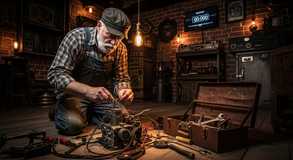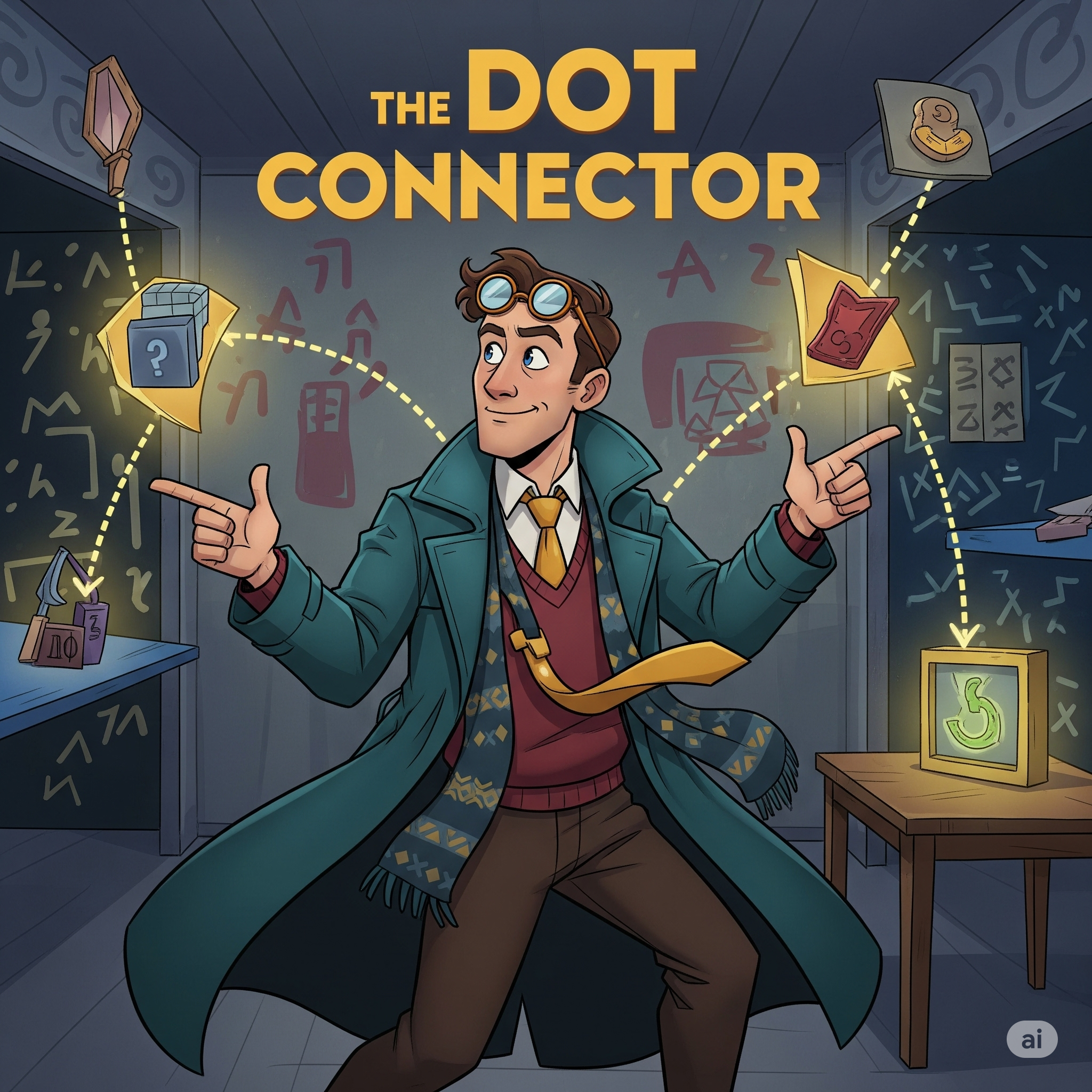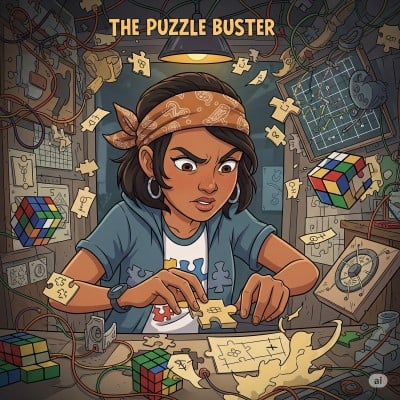In every escape room, there comes a moment when the team faces something beyond codes, riddles, or hidden objects. A gear clicks into place, a hidden drawer resists, a magnetic lock refuses to yield, or a multi-step mechanism requires delicate sequencing ⚙ ️ 🔊. These are not puzzles that can be reasoned out on paper or solved with pure observation they demand patience, tinkering, and a hands-on mind. This is where the Mechanic becomes indispensable 🔒 🧩.
The Mechanic is the player who thrives on interaction. While others chase patterns or decode wordplay 🤝 ⚡, the Mechanic gravitates toward switches, levers, gears, locks, and wires. Their curiosity draws them to the tactile side of the room, and their persistence ensures that no mechanism is left unexplored. In many cases, the Mechanic is the difference between progress stalling out and the team surging ahead 🔍 ✅.
The Mechanic is not just a “puzzle solver” they are a translator between design and execution 🧩 ❌. Escape rooms often include elements that reward patience and spatial reasoning more than abstract logic. A rotating maze box, a pressure plate puzzle, or a sliding-tile lock can baffle the impatient. The Mechanic approaches these challenges methodically 🔁 ✨, experimenting, testing, and refining until the mechanism reveals its secret.
Unlike the Puzzle Buster, whose focus is relentless problem-solving across any challenge, the Mechanic has a specific domain: physical problem-solving. They bring comfort with trial-and-error, confidence in their hands, and a calm approach that turns frustration into discovery ✋ 💪.
Without a Mechanic, teams often hit walls. A stubborn lockbox or misaligned gear can consume valuable time and energy. In frustration, teammates might abandon the puzzle or keep cycling through the same failed approach. A Mechanic, however 🎉, knows how to break down the challenge, test systematically, and stay patient. Their calmness in the face of resistance prevents frustration from derailing the group 🧱 🔒.
More importantly, Mechanics create momentum. Every solved mechanism leads to a tangible, satisfying breakthrough a drawer sliding open, a panel unlocking, a door springing free. These moments energize the team, reminding everyone that progress is being made 🔄 🧪. In a game defined by ticking clocks, Mechanics don’t just solve puzzles; they restore morale.
The Mechanic’s strengths also carry challenges. Their focus on physical puzzles can sometimes make them feel detached from the group’s bigger picture. While they’re buried in gears or switches, the rest of the team may be decoding riddles or hunting for patterns. It’s easy for a Mechanic to become siloed, working independently rather than collaboratively ⏳ 🔥.
There is also the risk of tunnel vision. Not every tactile element in a room is interactive, and sometimes time is wasted testing or over-analyzing props. The best Mechanics learn to balance their instinct to tinker with a disciplined awareness of when to pivot, ask for help, or hand the puzzle off 😠 🚧.
So if you find yourself drawn to locks 🤲 🧩, gears, switches, and mechanical mysteries, embrace the role of the Mechanic. Your persistence, calm, and curiosity are not just skills; they are gifts ⚠ ️. And in the world of escape rooms, they are often the difference between a stalled team and a triumphant one.
The Mechanic reminds us that escape rooms aren’t solved by logic alone. They’re solved by hands and minds working together and when the Mechanic’s steady hands meet the team’s collective ingenuity 🚫 📉, no mechanism can stand in the way of escape.




%20(1).jpg?w=234.66px)
.webp?w=249.34px)
.webp?w=234.66px)






